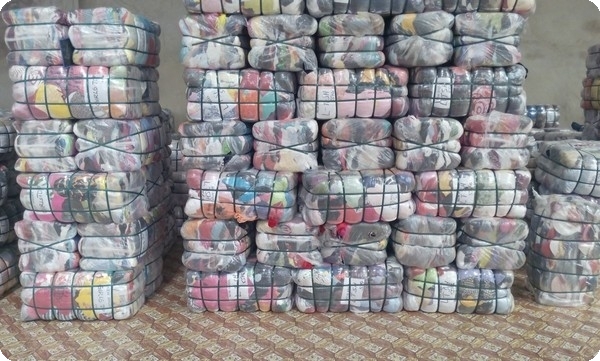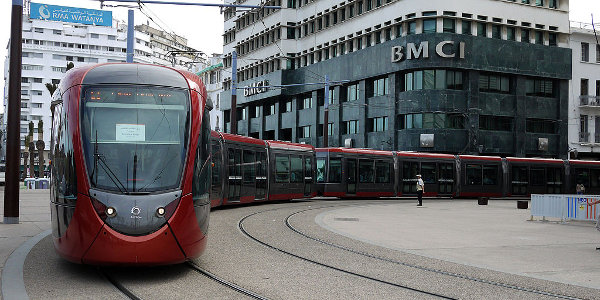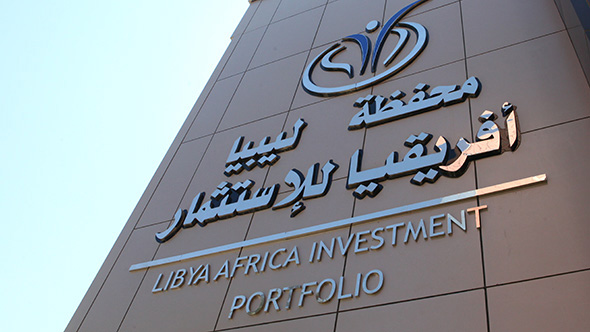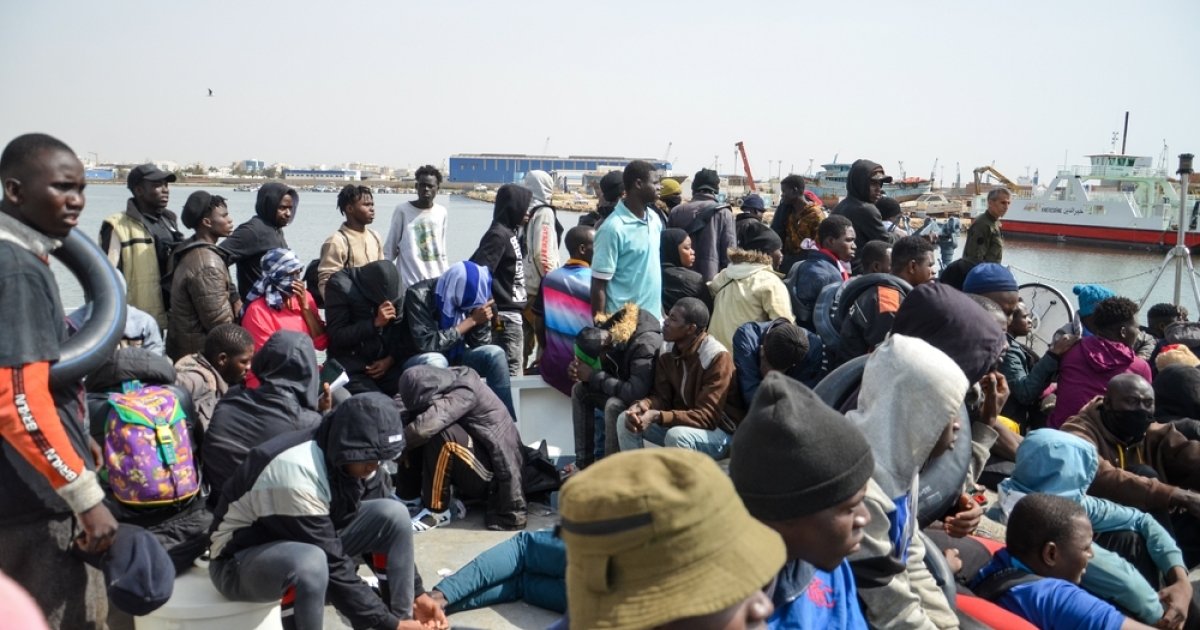African countries are watching closely France’s attempt to impose an EU-wide ban on the export of second-hand clothes, popularly known as mitumba, millions of tonnes of which are exported to the continent each year.
France’s lower house of parliament has recently approved a new bill that would gradually impose fines of up to €10-per-item of second-hand clothing by 2030, as well for a ban on advertising for such products. The law is essentially targeting ultra-fast fashion products, sold by companies like China’s Shein, aimed at helping to offset their environmental impact. The bill calls for gradually increasing penalties of up to 10 euros ($11) per individual item of clothing by 2030, as well for a ban on advertising for such products. Paris is also proposing an EU-wide ban on exports of used clothes, French Environment Ministry has said, as part of a wider effort to tackle the worsening problem of textile waste.
EU exported 1.4 million metric tons of used textiles in 2022, more than twice as much as two decades ago, according to UN trade data. If approved, the EU member states would not be allowed to export second-hand clothes to Africa and Asia.
France’s attempts to impose an EU-wide ban on the export of used clothes is watched closely by dozens of African countries, not least in Kenya that would face significant losses as the country imports an average of 185,000 tons of mitumba clothes annually. “Africa must no longer be the dustbin of fast-fashion,” France’s Environment Ministry said in a statement. The French proposal, which is backed by Sweden and Denmark, is to be discussed at a meeting of EU environment ministers on 25 March, according to the Ministry, which blames a throwaway attitude to clothing on “fast-fashion” retailers who benefit from overconsumption. On the other hand, in countries like Kenya, the topic has also been controversial: while the mitumba industry offers livelihoods to thousands of traders there, the government has also sought to reverse the trend and encourage Kenyans to purchase locally-made clothes.



